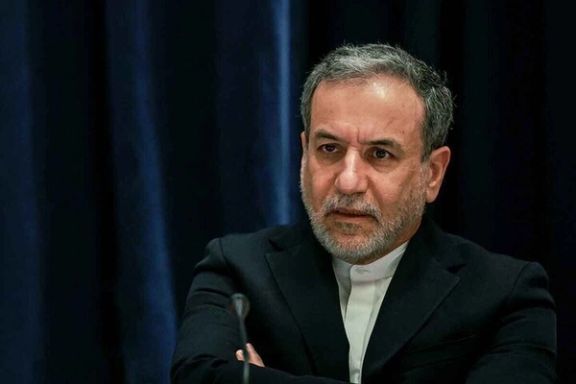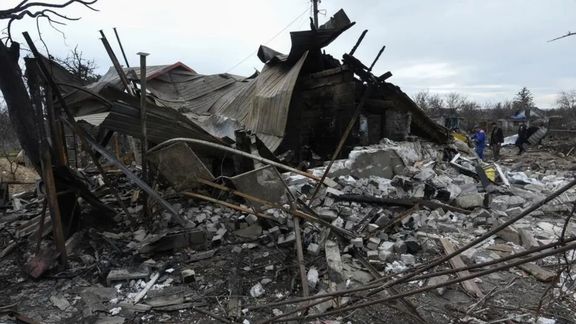Iran rules out direct nuclear talks with Washington

Iran's foreign minister ruled out direct talks with the United States about its disputed nuclear program but emphasized Tehran’s readiness for what he called dignified discussions.

Iran's foreign minister ruled out direct talks with the United States about its disputed nuclear program but emphasized Tehran’s readiness for what he called dignified discussions.
Abbas Araghchi addressed Iran’s stance on nuclear talks in an interview with state TV, saying discussions with Washington are not on the table because it withdrew from an international deal on the issue.
“We are not negotiating with the US government on nuclear issues until they return to the JCPOA or, in any case, announce their policy on this matter,” he said, referring to the 2015 Joint Comprehensive Plan of Action.
"The new US administration has not yet taken office. We will only participate in honorable negotiations based on mutual respect, not under pressure and sanctions, and for our own interests," he added.
"The JCPOA formula remains valid and in place."
Negotiators from Iran and the European E3 countries—France, Britain, and Germany—held a third round of talks on Iran's nuclear program in Geneva on Monday, according to an Iranian deputy foreign minister.
"We discussed ideas involving certain details in the sanctions-lifting and nuclear fields that are needed for a deal," Kazem Gharibabadi said in a post on X. Describing the talks as "serious, frank, and constructive," he noted that both sides agreed to continue their dialogue.
"Sides concurred that negotiations should be resumed and to reach a deal, all parties should create and maintain the appropriate atmosphere," he added.
The JCPOA, signed in 2015, aimed to ensure the peaceful nature of Iran’s nuclear activities in exchange for sanctions relief.
The US withdrawal from the deal in 2018 under the first Trump administration led to renewed sanctions and escalated tensions. Efforts under the Biden administration to revive the deal have been marked by significant challenges, including disputes over sanctions and verification mechanisms.
Araghchi said that in Geneva, Iran will engage with representatives from the EU and three European countries in a bid to revive the nuclear agreement.
“The main goal of the two-day talks in Geneva with representatives from the three European countries and the European Union is to find a way to restart nuclear negotiations and resolve this issue,” Araghchi explained.
He affirmed Iran’s openness to dialogue, provided it adheres to Iran’s terms.
“Regarding the nuclear issue, Iran has never left the negotiation table nor said to oppose negotiations, as it is confident in the peaceful nature of its nuclear program. If there is an honorable and dignified negotiation, we will join it,” he said.
Talks on arms supplies to Russia
Araghchi signaled Iran’s readiness to negotiate with Europe on Ukraine, provided the talks address mutual concerns.
“If Europe complains about Iranian weapons being in Russian hands, it must also answer for its military cooperation in our region and with the Zionist regime. We are ready for dialogue with Europe, but it must be based on mutual concerns,” he added.
Iran has significantly increased its military support to Russia, supplying hundreds of Shahed-136 drones, which have been extensively used in Ukraine to target infrastructure and civilian areas.

In addition to direct deliveries, Iran has collaborated with Russia to establish a drone manufacturing facility in the Alabuga Special Economic Zone, which became operational in July 2023.
The factory aims to produce thousands of drones annually, bolstering Russia's self-sufficiency in drone production.
Beyond drones, Iran has supplied Russia with short-range ballistic missiles, with satellite imagery revealing shipments of 220 missiles in 2024.